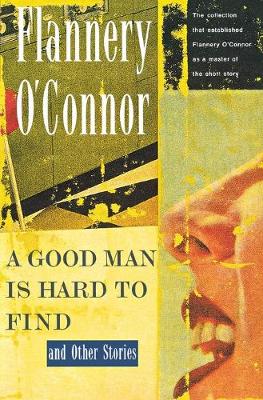Reviewed by jamiereadthis on
“Bleak,” “oppressive,” “macabre,” all of that applies, but I’ve seen it applied to Cormac McCarthy too and there I have the opposite visceral reaction. So what gives? For me, it’s not about death and the close tangle with it or the darkly funny nihilism. That’s not bleak to me. It’s refreshing, invigorating, valuable. The difference is, McCarthy likes his people. They’re alive. Shit happens, yeah, and the world is a rough rough place, but it has real human people and whatever it is we call a soul, it’s there. And it’s worth fighting for. It may have a good enough dose of evil but it’s not shrunk down with hate.
There was this other review that said O’Connor believes in God but not so much in people, and all things considered that’s exactly it. The thing is, I need the opposite. I need it the other way around.
Reading updates
- Started reading
- 28 August, 2011: Finished reading
- 28 August, 2011: Reviewed
